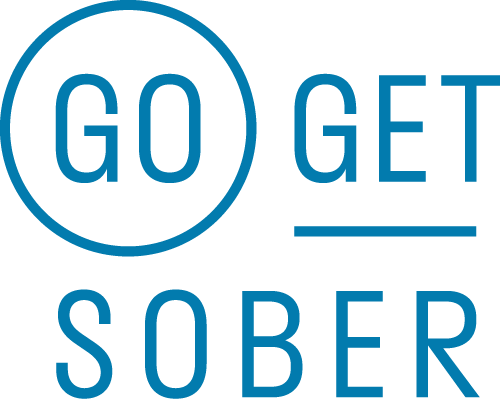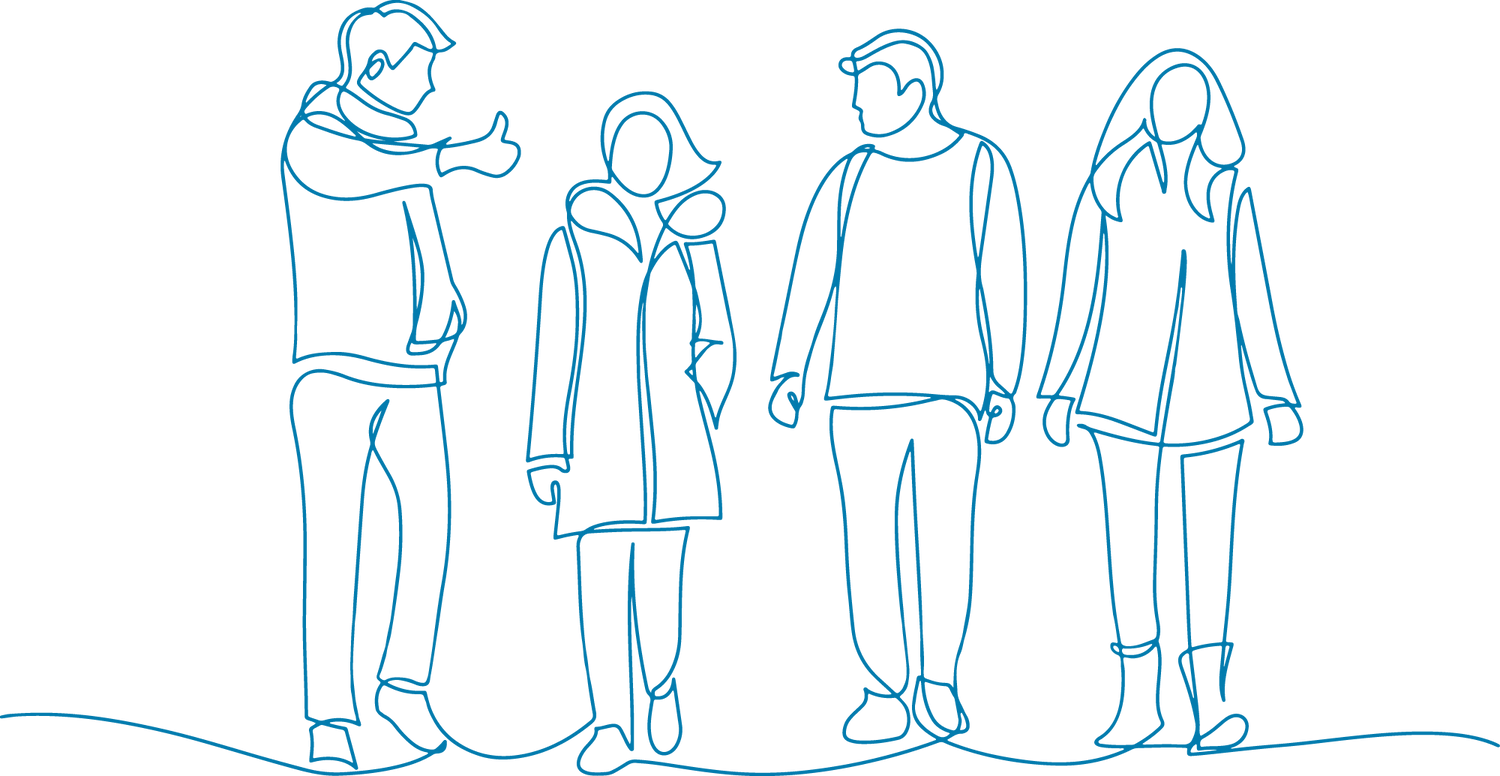When the future is looking uncertain and there seems to be a lot of stuff happening that’s out of our control, it can be tempting to reach for the bottle to escape and cope.
If you’re trying to stay sober, have been struggling with your motivation and are finding yourself thinking about drinking more often, here are my Ten Top Tips for keeping yourself on your sober tracks. At the end of each tip there is an activity for you to put into action. The more proactive you are, the more successful and confident you will be in navigating your sober life.
1. Make a daily plan
We can’t control what’s happening out there in the world around us but we can control the way we respond to it.
By creating a daily plan or timetable, we give ourselves a structure to stick to. This enables us to feel a sense of control and purpose. When we stick to the structure, we’re not only taking back a bit of control but we’re also allowing ourselves to feel a sense of satisfaction and achievement.
Daily plans or timetables don’t have to be in depth and detailed – they don’t have to be off-putting. For some people, a daily plan might be super-simple (like morning, afternoon and evening activities) – it can be as loose as you like or as tight and detailed as you like.
I like a tight and detailed plan, something like this:
7.00 Workout and shower
8.00 Social media planning and ten minutes writing my book
9.00 Work
12.00 Lunch and Emails
13.00 Work
15.00 Dog-walk
17.00 Emails
18.00 Dinner
19.00 Update website
Writing my plan down and reviewing it at the end of the day really helps me to feel in control and feeling in control helps me to stay motivated and positive. I then really enjoy the down-time in the evening because I feel like I’ve earned it rather than being bored by it.
Action: Create a timetable or plan for tomorrow that will help you to feel purposeful and in control.
2. Set challenging but achievable goals
Whether you call them goals, targets or outcomes, these are an important part of your daily plan.
Your goals need to be both challenging and achievable.
So, for some people, getting out of bed, taking a shower and getting dressed can be a huge challenge and that might be enough for one day. For others, a challenge might be to run 1k more than they did yesterday and to squeeze that in to an already busy schedule.
Your activities and goals need to be achievable because if they’re not, if they’re too much for you and you don’t succeed in doing them, they can become very demotivating. And that lack of motivation can spread into your day.
So, for example, I’m writing a book at the moment and I find the thought of knuckling down and getting on with it overwhelming. It’s too big for my mind to deal with. But by setting a 10 minute block of time to write just a little bit more, I make it manageable. Sitting down and concentrating for 10 minutes is perfectly possible and doesn’t fill me with dread. What normally happens is I write for 10 minutes and then carry on for a bit – but I’ve achieved my goal and that gives me a sense of satisfaction. It raises my self-respect and my confidence.
There’s always a way to set a goal or target that works for you.
Neuroscientific research demonstrates that setting small achievable goals that you tick off as you accomplish them, really improves your mental health and wellbeing. And, of course the better we feel about ourselves, the more positive and happy we feel, the less we need to think about reaching for alcohol.
Action: Make sure tomorrow’s plan includes goals/activities that might stretch you but are achievable too
3. Mindfulness
One of the reasons that people develop an unhealthy relationship with alcohol is that they don’t have a very good relationship with themselves.
One way of improving this relationship and to start treating yourself in a more loving way is to learn to sit with yourself and let yourself just “be”. The more you do this, the more you learn that you’re okay as you are. The happier you are with you, the less you need to reach for something like alcohol to make you feel better.
There are a variety of online mindfulness meditations and apps you can download that can help with this.
But mindfulness doesn’t have to be about sitting down in a yoga position and leotard, it can just be about learning to be calm and stilling your thoughts so that you lose yourself in the moment. There are all sorts of ways you can do this, from sitting in a natural landscape and breathing it in to walking a dog, knitting a jumper, cold-water swimming or losing yourself in music. Any activity that enables you to let go of thinking and be content and focused in the moment is good for you. Learning to let your thoughts drift through without paying them any attention helps you to retrain your brain and makes it easier to control your thoughts and actions in everyday life.
An extra bonus to spending some time being mindful, calm and still is that it’s a great stress-buster. The calmer you are, the more likely you are to stay positive and in control and the less likely you are to think about drinking.
Action: schedule one mindfulness activity into your plan for tomorrow where you can put your mind on hold and lose yourself in something else.
4. Develop a gratitude habit
People who count their blessings and find things to be grateful for each day tend to be happier and healthier (both physically and mentally) than those who don’t. They also sleep better and live longer!
What we pay attention to is what we get more of. If I’m focusing on how terrifying everything is or how boring it is to be at home 24/7 then I’m going to find lots of evidence to support those beliefs. If, on the other hand, I’m proactively looking for things to be grateful for, I’ll find them.
If you’re interested and want to know more, here’s a great little two-minute video on YouTube: https://www.youtube.com/watch?v=JMd1CcGZYwU
I spend a few minutes at the end of each day jotting down 5 things that I’m grateful for. These don’t have to be massive wins like your lottery numbers came up but simple things that might have made you smile or brought you peace and contentment.
If you’re experiencing depression and aren’t smiling or feeling happy much at all, they can simply be things that didn’t upset you or left you feeling okay – kind of neutral.
For instance, here’s my list from yesterday:
- Having a great sleep last night
- Arlo (dog) running up to me in the middle of a walk with joy in his eyes and love in his heart
- The Zoom call and the family all laughing together over mum and dad’s crapness with technology
- Baking banana bread with the radio on and the sun shining through into the kitchen
- This Country final episode and the laughter!
Reaping all of the benefits a gratitude habit can bring you (see YouTube link above if you haven’t already) means that you’ll have less need to turn to alcohol for comfort.
Action: choose a way to keep a gratitude diary and schedule 5 minutes into your plan for tomorrow where you’ll start a new gratitude habit.
5. Get some fresh air and nature
Spending time outdoors and connecting with the natural world around you really benefits your overall health. The fact that the UK government included outdoor activities in their list of what we’re allowed to do during a lockdown demonstrates just how much it’s now scientifically recognised that being outdoors and experiencing the natural world is essential for our wellbeing.
The Mind website has a great page about nature and how it enhances our health and our lives: https://www.mind.org.uk/information-support/tips-for-everyday-living/nature-and-mental-health/how-nature-benefits-mental-health/ .
The more natural and healthy “medicine” you give your body and mind, the less you need to reach for something unhealthy like alcohol.
Action: plan a nature activity into your schedule for tomorrow
6. Stay connected
Connection is the opposite of addiction. Social connection with family, with groups, with friends, with animals is essential for us to feel well and to be healthy.
I love this video on YouTube that explains why and how: (65) Addiction and Connection (Rat Park) - YouTube
Your health, wellbeing and happiness depends on engaging and connecting with other people. Especially when you want to change an old drinking habit into a new sober one. You need to feel supported and heard and not judged. You need to belong to a community that’s got your back. You need the emotional interaction that conversation with others brings.
It’s not quite the same but you can get all of this online.
Action: build phone and video calls to family and friends into your daily plan. Join a face-to-face community or group that looks like a good fit for you and actually go along.
7. Schedule in games and activities
If you’re not working, it can be easy to get bored and demotivated if you don’t plan what to do with your time. It’s much easier to stay sober when you have activities and plans to focus on. Some people are happy to work on their gardens or their homes or to play board games or get creative with arts and crafts. Even if you’re not, there is a growing number of FREE resources, educational opportunities and fun games to play online. Spend some time exploring what’s out there and choose a handful of these activities that you can build into your daily plan.
Some people find a local group or charity and start volunteering. Giving some of your time and skills in an area or to a project that interests you is doubly good for your overall wellbeing - not only are you giving yourself more purpose and structure but you're connecting with others in a positive way which helps you feel good about yourself.
Action: Do some research online, see what you can find that interests you and schedule a call in for tomorrow.
8. Start Learning
It doesn’t matter if you start learning something new or if you go back to re-learning something that you used to do, the act of learning and practice improves your self-esteem and reduces depression.
Research shows that learning can boost self-confidence and foster connection with others. People engaged in learning report feeling better about themselves and a greater ability to cope with stress, as well as feeling more hope and purpose.
Scientists think that setting goals and working towards them plays an important role in the way learning influences well-being. Setting targets and hitting them can create positive feelings of accomplishment and achievement and can also be motivating to do more.
If you don’t have a job at the moment or are looking for things to do with your time, one of the things you can do is to learn something that you’ll enjoy. Not only does it help you feel better but it also improves your brain function and slows down cognitive aging.
Action: Choose something to learn, find the resources you need (the link in Tip 7 might give you some ideas) and build some learning into your daily plan
9. Practise and rehearse sober success
You will know what your triggers to drink are. A trigger can be a time of day, a feeling or emotion, a person, an event or a thought that prompts you into reaching for a drink almost before you know it's happened.
For example, one of my triggers was 6pm on a Saturday evening and a specific radio show that came on at that time. My drinking pattern was to pour myself a strong G&T, turn the radio on, start preparing a meal, enjoy the music and get drunk in earnest. This was just one of my triggers - I had a lot more!
A trigger and drink response has become an automatic and unconscious pattern. In order to break that pattern you need to develop a new response to that trigger which will eventually become just as automatic as the old drinking one. And, to do this, you need to identify the trigger, decide how you’re going to respond to that trigger differently, mentally rehearse doing it successfully and then practise. Be prepared to practise a few times before it becomes easy and automatic.
So, on a Saturday morning, I would think about what triggers might come up during the day and I’d identify that 6pm in the evening would be one of them. I’d plan what I was going to do instead of pouring a G&T (in my case it was a simple tonic water with ice and a slice to make it seem special) and then I would mentally rehearse (imagine) the clock saying 6 o’clock, the radio programme coming on and me pouring and sipping a straight tonic water. When 6 o’clock came round, I already knew I could navigate through this moment without alcohol because I’d rehearsed it.
Interesting bit of neuroscience: the brain struggles to tell the difference between an imagined and a real or remembered event. So, when we imagine good stuff happening or staying successfully sober through a challenging trigger, it kind of tricks our minds into believing it’s true, or at least, possible. This, in turn leads us to feel more confident when we approach those triggers. It significantly increases your chances of success.
The images and beliefs we hold about sober living become the reality we bring to life. When we imagine ourselves being successfully sober and living our best lives - joyful and liberated and sailing through the challenges life throws at us, that becomes our reality. Give it a go. Mentally rehearse successfully navigating a stressful trigger sober and see what happens...
Action: add Trigger Planning time into your daily plan, ideally first thing in the morning: identify the triggers that might come up that day, decide what you’re going to differently in place of reaching for alcohol and mentally rehearse the trigger happening and you carrying out the new, more healthy behaviour.
For more guidance and information on how to use mental rehearsal to set yourself up for sober success, you can sign up for sober coaching support with me here: Coaching Support – Go Get Sober
10. Look after you
Nurturing yourself, indulging yourself and giving yourself healthy treats and things to look forward to is all an essential part of keeping yourself motivated and positive.
There are different ways you can do this: baths, books, chocolate, duvet days, favourite films, conversations with friends, watching comedy, healthy snacks, unhealthy snacks, baking, gardening, playing an instrument … the list is infinite.
Putting themselves first is something some people find really challenging but it’s essential to improve your wellbeing and keep you feeling strong.
This might involve putting some boundaries around yourself and saying no to the requests and demands that other people make of you.
I give you full permission to look after you, in the best way you can, doing all of the things you know will make you feel better.
There was a day last week when I woke up feeling a bit under the weather. Not ill but just not quite right. I felt a bit depressed and anxious. It was a struggle for me to concentrate on anything for too long. I caught myself having an inner argument about whether to workout or not and beating myself up because I didn’t do the hardcore workout I’d planned on. In the end, I decided to give myself a day off, brought my duvet with me onto the sofa and watched films, comedies and indulged myself in a mixture of healthy meals and unhealthy treats. This was exactly what I needed – a rest and an easy time.
Keep an eye/ear out for signs that you need to just stop and rest – this is an important part of nurturing your health and wellbeing and it is allowed!
Another thing you can do that helps you feel good is help other people. Being kind and doing good deeds for others can boost your self-respect, self-esteem and overall wellbeing. I’ve started doing weekly shops for my elderly neighbour and my boyfriend’s mum who is also older and fragile and this has brought me a great sense of wellbeing.
Keeping physically fit is not just good for your body, it's good for your mind as well. Any kind of physical activity you can do, even if it’s only walking outside and getting some fresh air, is good for your health. If you prefer more active and challenging workouts, there are plenty of online resources you can tap into.
A healthy balance of mental and physical activity, combined with opportunities for rest and relaxation is what we’re aiming for. Times are hard out there – anything you can do to make it easier on yourself is good.
Action: schedule at least one self-nurturing activity into your daily plan
When you stop drinking and start learning how to live your life sober, it is possible to capitalise on this change and to reframe how we think about what’s happening. The interruption to our routines can actually provide us with a valuable opportunity to re-think and re-set. It can give us the space and time to create healthier habits and a whole new, happier future for ourselves.


